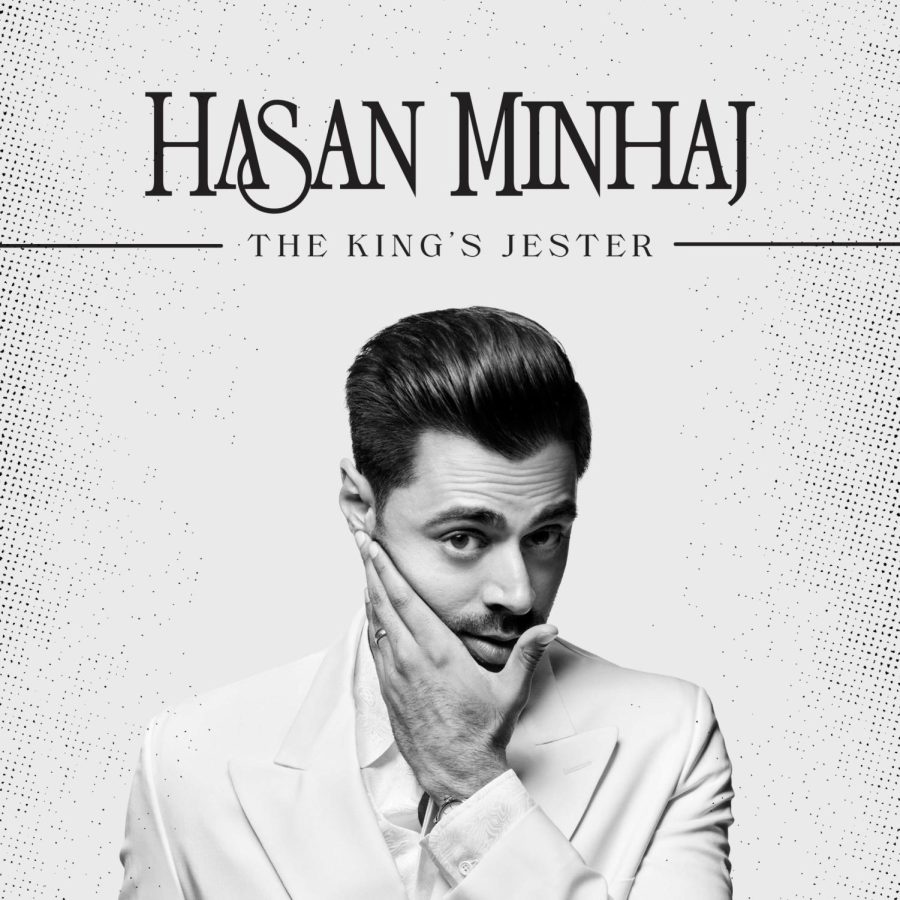“The King’s Jester” Is a Failed Attempt to Inspire Viewers
October 17, 2022
With a lack of representation for South Asian communities, Hasan Minhaj, one of the few South Asian comedians, has gained fame and prominence for his discussions of current political issues while also being hilarious. Hasan’s first show was “Patriot Act”, where he discussed politically sensitive situations for five seasons and received critical fame for his disobedience against world governments. With much anticipation, he announced he would have a new special: “The King’s Jester” on Oct. 4th. In this special, Minhaj discusses parenthood and infertility, his rise to fame, the Saudi Arabian government, and police brutality.
While this was a stand-up special, it was obvious that Minhaj was trying to teach viewers a lesson. Minhaj’s varying tones and camera angles were almost force-feeding cliché lessons in the form of jokes. “The King’s Jester” is all about Minhaj, and while it is autobiographical, it’s unnecessary and irritating to have a lesson ending every story. This special emphasized two conflicting ideas of Minhaj’s life: his love for his family versus his need for attention and fame. Minhaj uses his traveling to the Saudi Arabian embassy (to document the corrupt government of Saudi Arabia) to describe his first taste of stardom. His episode describing his visit gained quick traction as it was controversial and was banned on Saudi Arabian Netflix. As Minhaj describes his experience of being in “Time Magazine”, he highlights the activism he’s done, and while that is important and honorable, he comes off as humbly bragging. He then describes how he uses his “Time Magazine” speech to call out a politician for his connection to the Saudi Arabian crown prince, and when he gains more fame for that moment, he only describes how amazing it was to get all those clicks and gain clout. Minhaj says, “Likes, comments, retweets! I am trending number one again! Give me all the glory!” further showing how he only chose to be an activist when the camera was on him while also bragging about his fame on social media.
As the special progresses, Minhaj amps up his family’s disapproval while adding unsettling jokes about his need for fame. Finally, everything explodes, and Minhaj delivers his main cliché lesson about how his thirst for fame made him receive death threats. “The first joke I ever told saved my life,” he says, “and now my stupid jokes almost cost me my baby’s life.” Although the lesson he implies here is essential, his hurt facial expression and zoomed-in camera angles make his point come off as a pseudo-inspirational speech; it is cringe-inducing and hard to take seriously. With the crucial topics. Minhaj discusses in this comedy special, seeing it weighed down with his desperate and intentional attempt to make the audience feel moved makes it hard to watch.
Personally, I have enjoyed Minhaj’s past shows and his overall charisma; however, this show pales in comparison with his past works. Using so many topics in one special can be credited for the special’s poor comedy. It was especially difficult to see Minhaj’s traditionally “stand-up” way of performing turn into a more planned and deliberate performance. Overall, “The King’s Jester” attempts to educate audiences with cliché lessons; however, it comes off as another boasting influencer.




Karan Raj • Nov 6, 2022 at 1:24 am
It felt robotic, like he was telling the audience how to feel. The weird background colours definitely didn’t help. Wouldn’t be surprised if there was someone off screen with placards telling the audience to “clap now” and “gasp”.